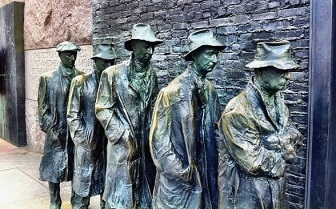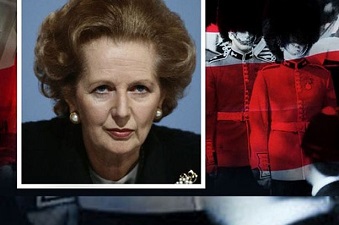Cutting the Welfare Safety Net Is Not the Way to Make Work Pay

How does one assess the cuts to the welfare safety net? Let us, for the sake of argument, put aside whether cutting the deficit should be the priority in the depths of a recession. The argument of the government seems to be (a) we must make work pay and (b) there is no alternative.
Making work pay could be achieved by a number of actions: raising the minimum wage for example, restoring the 10p tax band at the bottom to be paid for by restoring the 50p tax band, and introducing a higher band at the top. It is not right that the method chosen to make it appear that work pays is to cut the welfare safety net to the poorest and most vulnerable in our society.
Over 10 years up to 2012 executive pay trebled despite the double dip recession and the economic crash of 2008, with the average pay of chief executives of Britain's top companies at £4.8m, equivalent to 148 times the average wage. It is this skewed system of rewards that is keeping wages low, with taxpayers having to supplement the income of the working poor for them to survive. These in-work benefits, together with pension, constitute a substantial share of the welfare bill.
The in-work benefits are tantamount to a taxpayer's subsidy to enable those at the top of the income pyramid to receive such inflated salaries. How wrong can that be? The taxation system should be used to try and narrow the income and wealth gap between the very rich and the rest of society. Certainly there is a strong case for that.


























